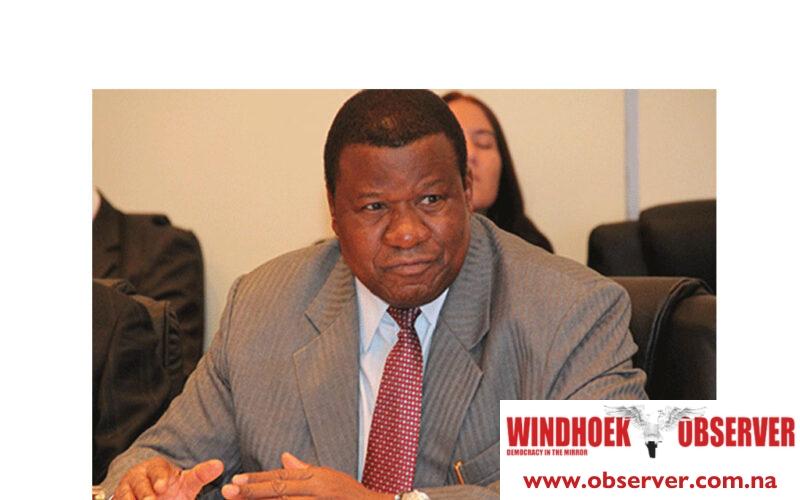Niël Terblanché
Namibia’s growing significance in global maritime logistics and its potential to become a leading player in the energy sector was strengthened during the official opening of Walvis Bay Maritime Week on Thursday.
Hosted at the Port of Walvis Bay, the event brought together leaders from various industries and sectors, including John Mutorwa, deputy prime minister and minister of works and transport.
Mutorwa reiterated that transportation is the backbone of the country’s economy.
“Namibia’s national maritime hub is a symbol of progress and resilience, one that links the nation to international trade routes and regional markets,” he said.
Mutorwa added that recent expansions and innovations at Namibia’s ports are not just investments in infrastructure but investments in the future, helping to fulfil the nation’s aspirations for economic growth and global relevance.
The minister pointed out the key role that Namibia’s maritime infrastructure will play in the global green hydrogen market.
“As Namibia embarks on its journey into this new industry, efficient transportation networks which include roads, railways, and ports, will be essential for exporting green hydrogen and elevating the country to prominence in the clean energy sector,” he said.
Mutorwa included the importance of the blue economy, particularly in industries such as offshore diamond mining and fishing, which remain vital contributors to the country’s national economy.
“Strengthening maritime infrastructure supports these industries and sustains thousands of livelihoods, ensuring economic resilience in the face of global challenges,” he said.
Mutorwa expressed optimism about Namibia’s future as a transportation and energy hub.
The minister envisioned a future where Namibia is connected not just internally but to the world through efficient and sustainable transportation systems.
“This is not just about moving goods; it is about moving a nation forward,” he added.
Neville Andre, the Erongo regional governor, pointed to the Erongo region’s important role in shaping Namibia’s energy landscape.
Andre expressed pride in Namibia’s ports which serve as critical gateways to global trade.
He stressed the role that the maritime industry plays in linking Namibia to international markets across the Americas, Europe, the Middle East, and the Far East.
“Our ports are crucial hubs for import and export activities, enhancing not only Namibia’s economy but also that of the Southern African region,” he said.
Andre said that the Walvis Bay Maritime Week is a platform for exchanging knowledge on the blue economy and the growing opportunities in the country’s emerging oil, gas, and green hydrogen industries.
He encouraged the youth and schools to consider careers in the maritime sector, which is increasingly intertwined with these industries.
“This event must inspire the next generation of maritime professionals by demonstrating the potential of Namibia’s maritime infrastructure to support energy production and technological advancement,” he said.
He added that green hydrogen initiatives, such as the Daures Green Hydrogen Village, are set to transform the Erongo region into a hub for energy production.
“The collaboration between Namibia’s education sector, the maritime industry, and the private sector is crucial to building the capacity needed to harness the benefits of the oil, gas, and green hydrogen industries,” he said.
Andre reiterated the importance of preparing Namibia for the opportunities these sectors offer.
He expressed hope that discussions and collaborations during this week-long event will lay the foundation for Namibia’s future as a leader in global maritime logistics and energy production.




